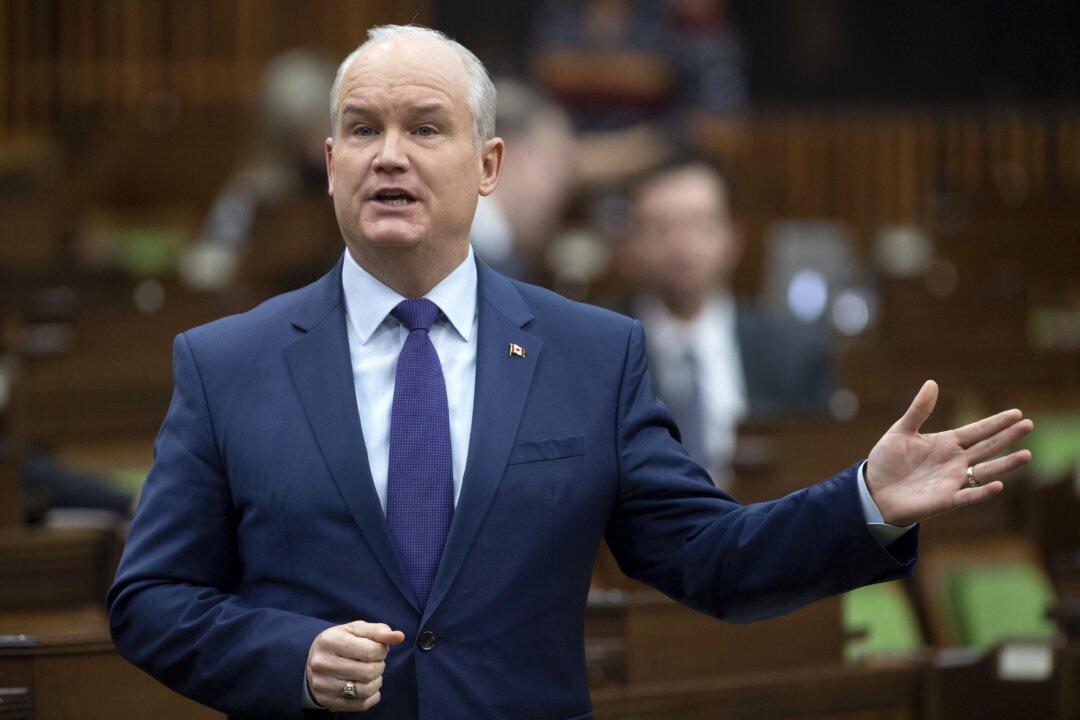Commentary
If polls are to be believed, the Liberal Party continues to poll stronger than the rival Conservatives. But as the pandemic situation shifts, there may be a reckoning of the political landscape.

If polls are to be believed, the Liberal Party continues to poll stronger than the rival Conservatives. But as the pandemic situation shifts, there may be a reckoning of the political landscape.